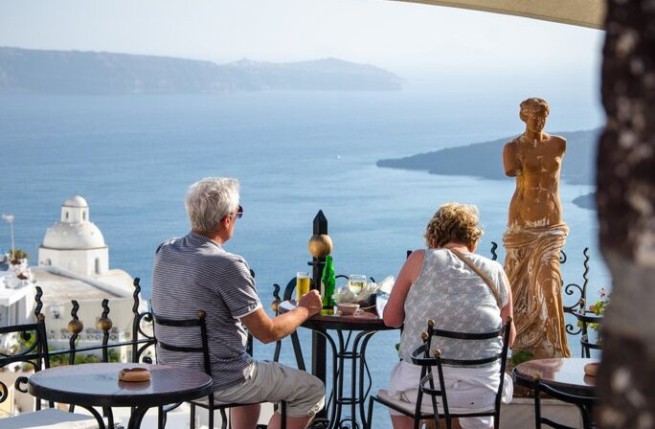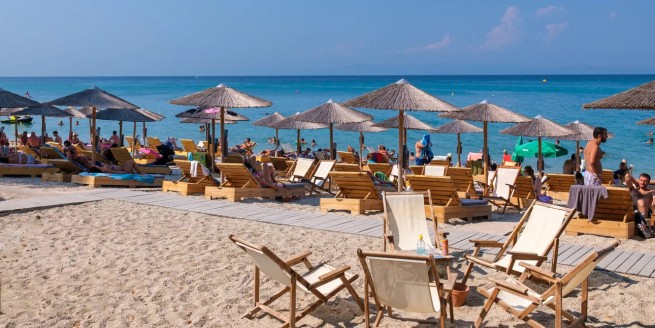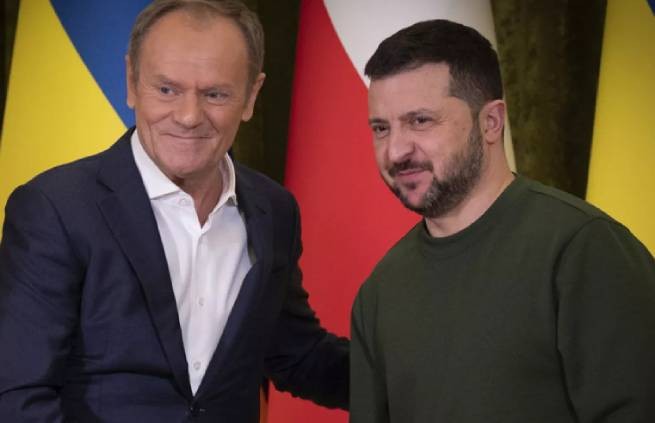Leaders EU agreed on an embargo on Russian oil. However, the ban on its import and transportation by sea will come into effect only by the end of the year.
Some countries received support. For example, the Czech Republic, Hungary and Slovakia will continue to use the Druzhba pipeline, but it will account for only 10% of current EU imports from Russia. That is, the purchase of oil by the European Union from the Russian Federation will be reduced by 90%. Simone Tagliapietra of the Bruegel Institute in Brussels says:
“This will be a big problem for Russia, because it is not so easy for it to replace the European market with other buyers. There are features in the Russian infrastructure itself that make it difficult to redirect oil flows from the West to the East or South. Russian ports have limited capacity to increase shipments. It won’t be easy to find tankers. In addition, shipping them to Europe takes much less time than shipping around the mainland to Asia.”
More than a month in the European Union could not find a solution that would suit everyone. Most of all resisted Hungary, which does not have access to the sea. Russia for her is a traditional supplier of energy resources. To search for other partners and refit, Hungary received a reprieve.
Poland and Germany were also allowed some indulgences – they will gradually refuse oil from Russia, in stages, in order to complete this process by the end of the year. Both countries use the northern part of the Druzhba pipeline. However, the German MEP from the Greens Sergei Lagodinsky sharply criticizes the delay:
“Germany, especially the German government, has done a great job of overcoming dependence on Russian oil, and therefore we hoped that the end of its imports would be immediate – some said by the end of the summer. It is now clear that this will happen by the end of the year.”
The European Union, within the framework of the sixth package of sanctions against Russia, included in the measures a ban on insurance of tankers with Russian oil, reports citing sources. Wall Street Journal. Oil traders and shipowners argue that banning European companies from insuring tankers carrying Moscow’s oil is one of the biggest financial levers the bloc has at its disposal to cripple the Russian economy.
Greece, Cyprus and Malta, that is, large shipping countries, initially did not agree to a ban on insurance. As a compromise, it will be phased in over six months rather than five as previously suggested.
In the final version of the package of sanctions, the prohibition for European ships to transport Russian oil and fuel to third countries also disappeared due to resistance, in particular, from Greece. There was also a risk that the clause on insurance of tankers with Russian oil would also disappear for the decision.
The EU pays the Russian Federation for oil about 20 billion euros a month. The released money can be used to obtain energy from other sources, including renewable ones.
Former Minister of National Defense of Greece Panos Kammenos, writes RIA Newscalled the decision of the European Union to impose an embargo on Russian oil crazy:
“The decision to embargo the EU on Russian oil, instead of harming Russia, will break us all with a price of 5 euros per liter (gasoline). Are you crazy?”
Kammenos was Minister of National Defense from January 2015 to January 2019 in the government of Alexis Tsipras, leader of the SYRIZA party.
As it became known, the European Union also laid down the shutdown of Russian channels Rossiya24, TV center International, RTR Planeta in the sixth package of sanctions. These resources will be disconnected from cable, satellite and internet broadcasts in the EU. Previously, Sputnik and Russia Today were already banned in the European Union.






More Stories
Ukrainian and Polish intelligence services prevented an assassination attempt on Zelensky
Germans from Russia were arrested in Germany on charges of preparing to strike US bases
The New Arab: "US approves possible operation in Rafah in exchange for Israeli refusal to attack Iran"